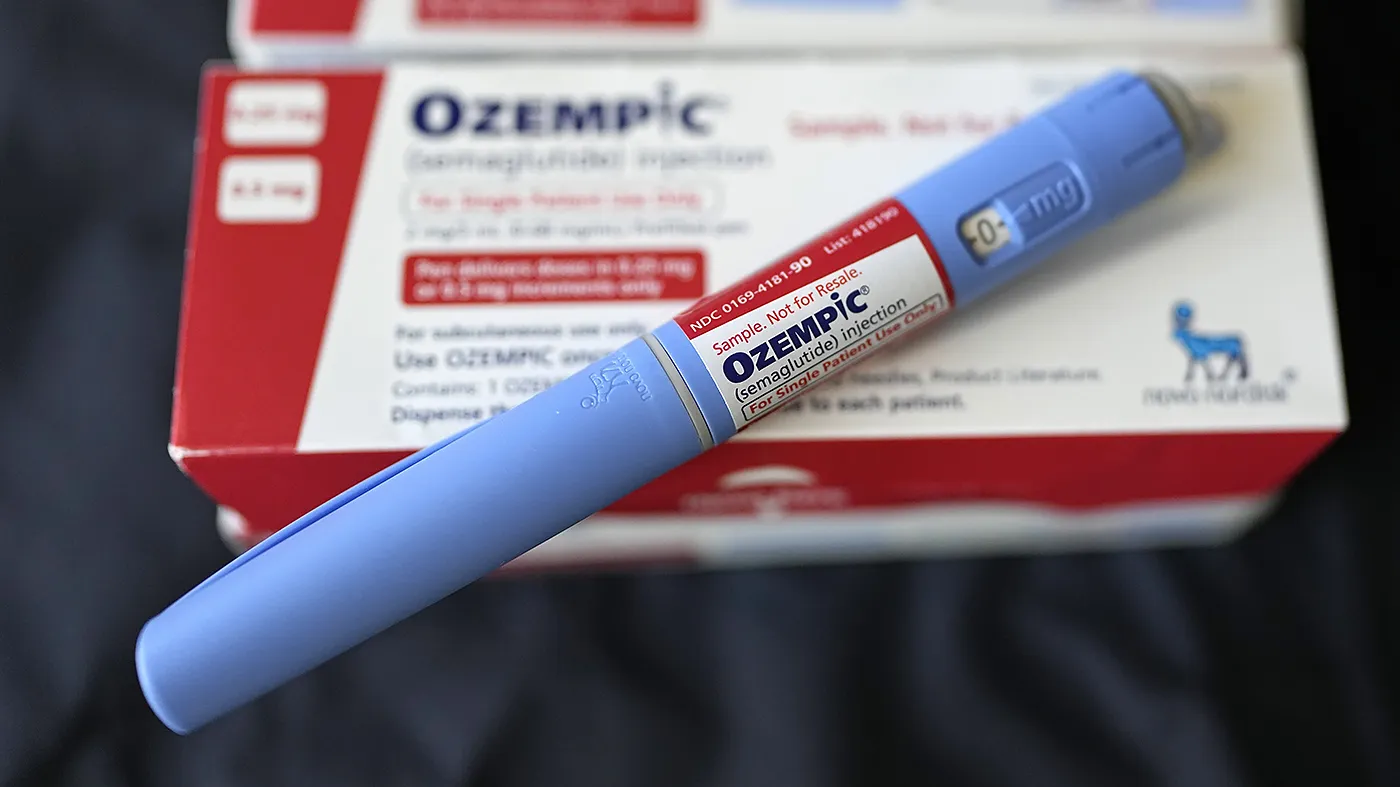Novo Nordisk’s FDA Request to Block Ozempic Compounding

Novo Nordisk’s FDA Request to Block Copy-Cat Ozempic Versions
Novo Nordisk is actively urging the FDA to prevent compounding pharmacies from creating their own versions of the popular medications Ozempic and Wegovy. The company contends that these drugs are too complex for safe compounding, posing significant risks to patient safety. The compounded versions are often sold at much lower prices than the branded drugs, providing patients in need with access to alternatives amid ongoing shortages.
Potential Risks of Compounded Semaglutide
- Unknown impurities in compounded products.
- Incorrect dosage strengths leading to possible complications.
- Instances with no active semaglutide ingredient at all.
These compounded drugs lack FDA approval and have been criticized for potentially dangerous side effects similar to those seen in patients using the original formulations.
Novo Nordisk's Justification for the Request
Novo’s recent initiative is part of a broader strategy to enhance the safety of semaglutide products and ensure that patients receive only FDA-approved medications. The company claims that keeping these products out of reach for compounding pharmacies is essential for protecting consumers from unregulated versions that could be harmful.
Response from the Pharmacy Community
However, the Alliance for Pharmacy Compounding expressed skepticism, suggesting that Novo's request seems more focused on protecting its revenue stream than on genuinely addressing patient safety concerns. The organization highlighted that adverse events reported by patients using compounded semaglutide are remarkably similar to those taking the FDA-approved versions.
Impact on Patients and the Market
This ongoing debate reflects broader issues in the pharmaceutical landscape, particularly regarding drug affordability and access. As Novo seeks to manage its supply chain issues amidst escalating demand, the outcome of the FDA’s decision on semaglutide could have significant implications for patients reliant on these vital medications.
This article was prepared using information from open sources in accordance with the principles of Ethical Policy. The editorial team is not responsible for absolute accuracy, as it relies on data from the sources referenced.